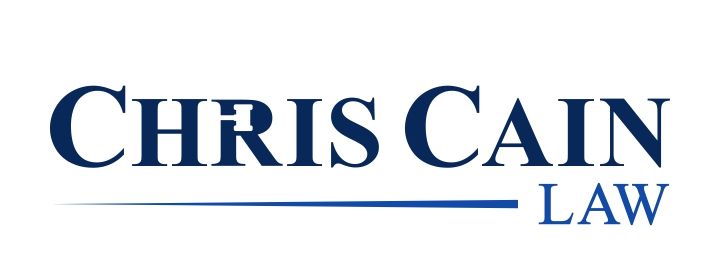Misdemeanor diversion, also known as pre-plea diversion, is a program in California that allows certain individuals who have been charged with a misdemeanor to avoid a criminal conviction. The program is governed by Penal Code 1001.95, which went into effect on January 1, 2019.
Eligible Misdemeanors: Under Penal Code 1001.95, certain misdemeanors are eligible for diversion. These include, but are not limited to, charges of petty theft, disorderly conduct, and certain drug offenses. However, certain offenses are not eligible for diversion, such as those involving domestic violence or certain sex crimes. Additionally, individuals with prior criminal convictions or who are currently on probation may not be eligible for diversion.
Requirements for Participation: To participate in misdemeanor diversion, an individual must agree to complete certain requirements, such as community service or a drug education program. These requirements are determined on a case-by-case basis by the court and may vary depending on the nature of the offense and the individual’s prior criminal history. Once the individual completes the requirements, the charges against them will be dismissed.
Penal Code 17.2: Penal Code 17.2, also known as “diversion for first-time offenders,” is a similar program for individuals who are facing a non-violent felony charge for the first time. The program is also governed by California Law and allows individuals to avoid a criminal conviction by completing certain requirements, such as community service or education classes.
Conclusion: Misdemeanor diversion is a program in California that allows certain individuals who have been charged with a misdemeanor to avoid a criminal conviction by completing certain requirements. The program is governed by Penal Code 1001.95 and went into effect on January 1, 2019. Eligible misdemeanors include, but not limited to, charges of petty theft, disorderly conduct, and certain drug offenses. However, certain offenses are not eligible for diversion, such as those involving domestic violence or certain sex crimes. Additionally, individuals with prior criminal convictions or who are currently on probation may not be eligible for diversion. It’s worth noting that the diversion is not guaranteed and is decided by the court.
To find out if you and your case are eligible for diversion, contact us for a free consultation.
